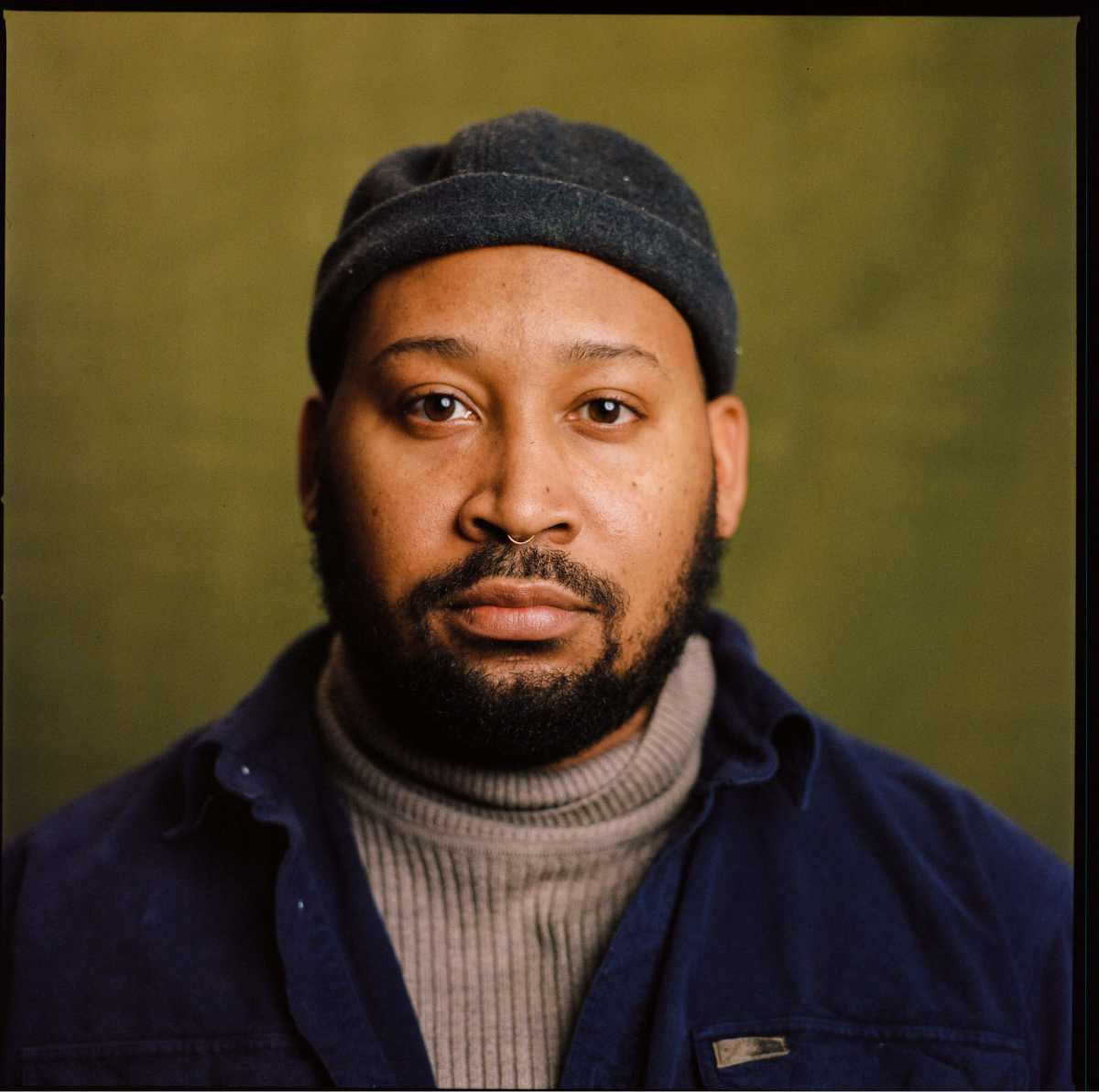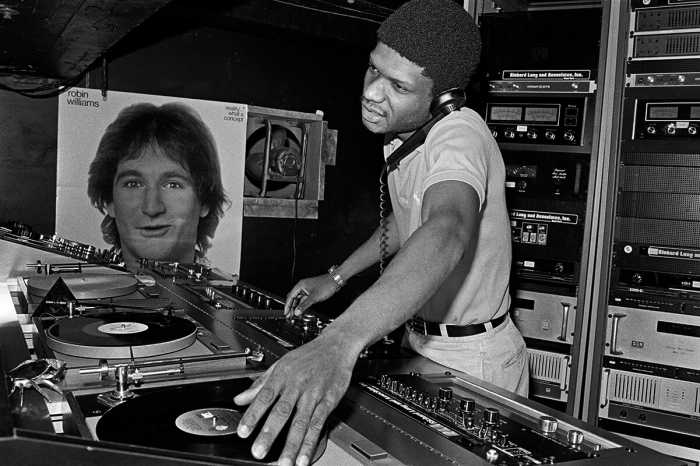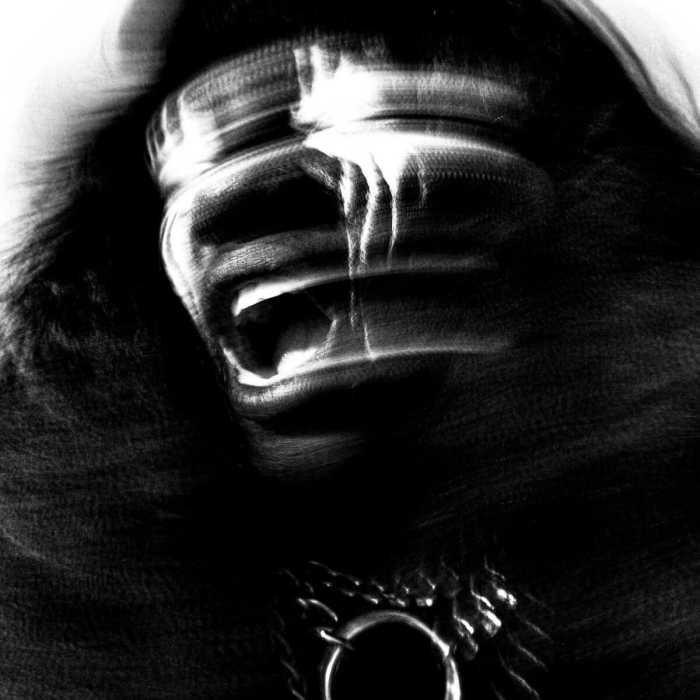This month, we play catch-up with MUNA and Bartees Strange, two queer indie artists receiving a great deal of buzz, and check in with the second album by singer 070 Shake, who has worked with Kanye West.
MUNA | s/t | Saddest Factory
MUNA could’ve easily become music industry casualties. Soon after dropping their debut ep on Bandcamp on 2014, they signed to RCA, but they never connected with a large audience. During the pandemic, the group got dropped. Amidst the despair of that time, with musicians unable to make an income from live music, they might have broken up, but they got a career rescue from bi indie star Phoebe Bridgers. Their current success owes a lot to her — she signed them to her Saddest Factory label, sings the second verse of their alt-rock radio hit “Silk Chiffon,” and even brought them as the opening act on her current arena tour.
MUNA’s pop has always felt like it had the potential to reach a wider audience than it did. The group’s sardonic sense of humor has masked their inner optimism. “Number One Fan” addressed imposter syndrome and the difficulties of seeing the merits of one’s own work. “I Know a Place” was a response to the Pulse nightclub massacre. Their self-titled album goes straight for joy. The “life’s so fun, life’s so fun” refrain of “Silk Chiffon” resonates throughout. That song is an uncomplicated celebration of love between women, while “What I Want” takes its icy synthesizers and vocal melody to the neighborhood of Robyn’s “Dancing on My Own” but sets them to upbeat lyrics about making up for lost time in the closet. The group’s music videos emphasize their guitar playing, but acoustic and electric guitars are seasoning in an electronic mix. (Their combination of influences encompass mainstream country.) While their lyrics occasionally get platitudinous, as on “Handle Me,” MUNA’s self-titled album is pleasurably earnest without getting corny.
070 Shake | “You Can’t Kill Me” | GOOD Music/Def Jam
070 Shake, who rejects sexual identity labels but speaks openly about being attracted to women in her lyrics and interviews, embraces romance’s melodrama amid a swampy menace. Genre tags don’t pin her music down very accurately. It contains elements of emo, R&B, hip-hop (although she rarely raps, even if her singing is filtered through heavy Autotune) and even industrial music. It plays like an electronic mutation of the blues. Her second album, “You Can’t Kill Me,” plays up her Gothic side.
Travis Scott and Kanye West collaborator Mike Dean mixed and mastered “You Can’t Kill Me,” and the careful choice of keyboard sounds suggests his hand. Her music incorporates textures from the ‘80s, but she’s not looking back to the past and reviving synthwave. Her songs constantly shift. “Invited” plays like an endless intro, with 070 Shake singing over scattered guitar, keyboards and drums. The squelchy synthesizer on “Body” breaks up the song, gliding from note to note with an abrasively trebly, bright whine. “Come Back Home” is driven by piano and heavily orchestrated strings. “Medicine” starts off softly, with percussion kicking in halfway through, and eventually turns into an agonized cry of “you’re gonna leave me.” Its video suggests the same desperation by showing 070 Shake underwater, gulping hits of oxygen from a mask. “You Can’t Kill Me” describes a life in flux, with a reluctance to settle down in any space for too long. The mood triumphs over any individual hook, but it demands attention instead of sinking into the background. The tone of the album feels more sinister than its lyrics suggest.
Bartees Strange | “Farm to Table” | 4AD
When singer/songwriter Bartees Strange released an ep of covers by the National as his first project, it was intended as a statement about his place as a person of color in rock music, after he found himself one of the very few Black people at a Washington, DC concert by the band. Having just released his debut album for 4AD, he’s now their labelmate. But while his versions of their songs departed from the originals, his rockers often follow in their footsteps, with an arena-ready build that starts out with jangly guitar arpeggios. “Heavy Hand” starts softly, introduces a loud drumbeat and, after the second chorus, incorporates a horn section.
Every article on Strange leads with his resistance to genre categorization. Back on his 2020 song “Mossblerd,” he sang “genres keep us in our boxes.” He intends this as a method of resistance to racism. But the variety of moods “Farm to Table” cycles through matters more than a list of the album’s styles. Amusingly, “Cosigns” begins with Autotuned rapping flexing about Strange’s rise to indie stardom and friendship with Lucy Dacus, Bon Iver singer Justin Vernon, Courtney Barnett, and Phoebe Bridgers. It avoids simplistic structure, moving into a spaced-out instrumental passage and another bombastic chorus. None of these three sections are repeated.
Now that Strange has moved up to a large indie label, he sounds like he’s aiming for the biggest possible audience. Trained as an opera singer, his voice has a rich tone and full range. (He sings in falsetto on “Black Gold.”) But while the first three songs on “Farm to Table” reach out and grab the listener immediately, the album gets quieter and subtler near its end. “Hold the Line” looks back wistfully at his family, with an aching, country-tinged guitar solo. The interlude “We Were Only Close For Like Two Weeks” refuses to deliver a full song, skipping like a busted CD player for less than a minute. “Hennessy” aims for the spirit of a campfire singalong but doesn’t quite deliver. “Black Gold,” which incorporates samples of Strange’s family members speaking into folk music, would’ve been a better finale for the album. But the reach of “Farm to Table” is pretty successful.



































